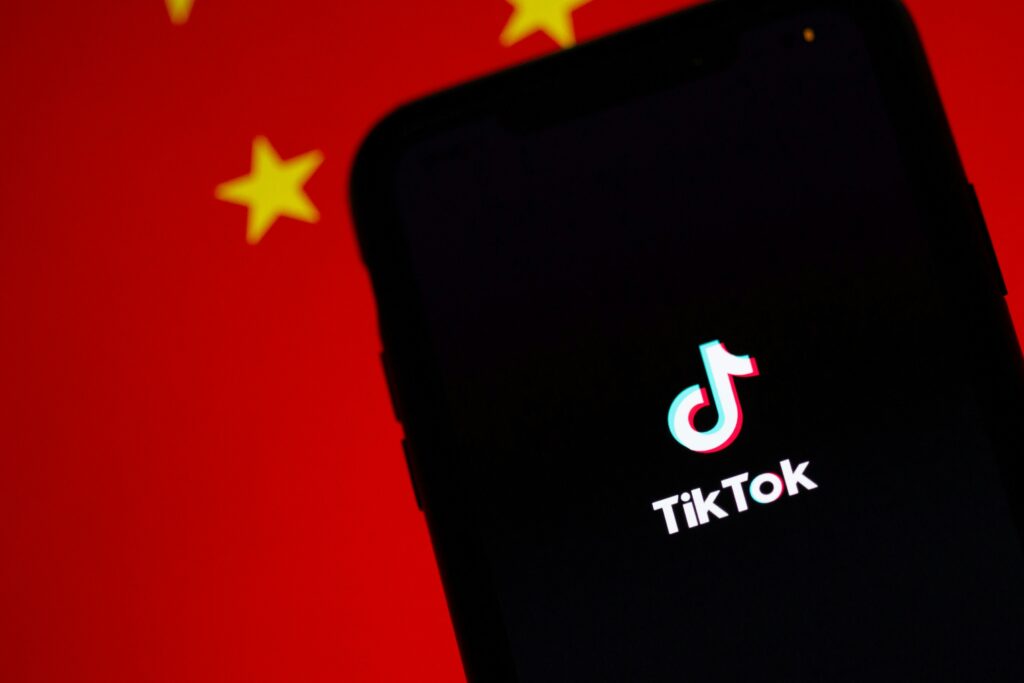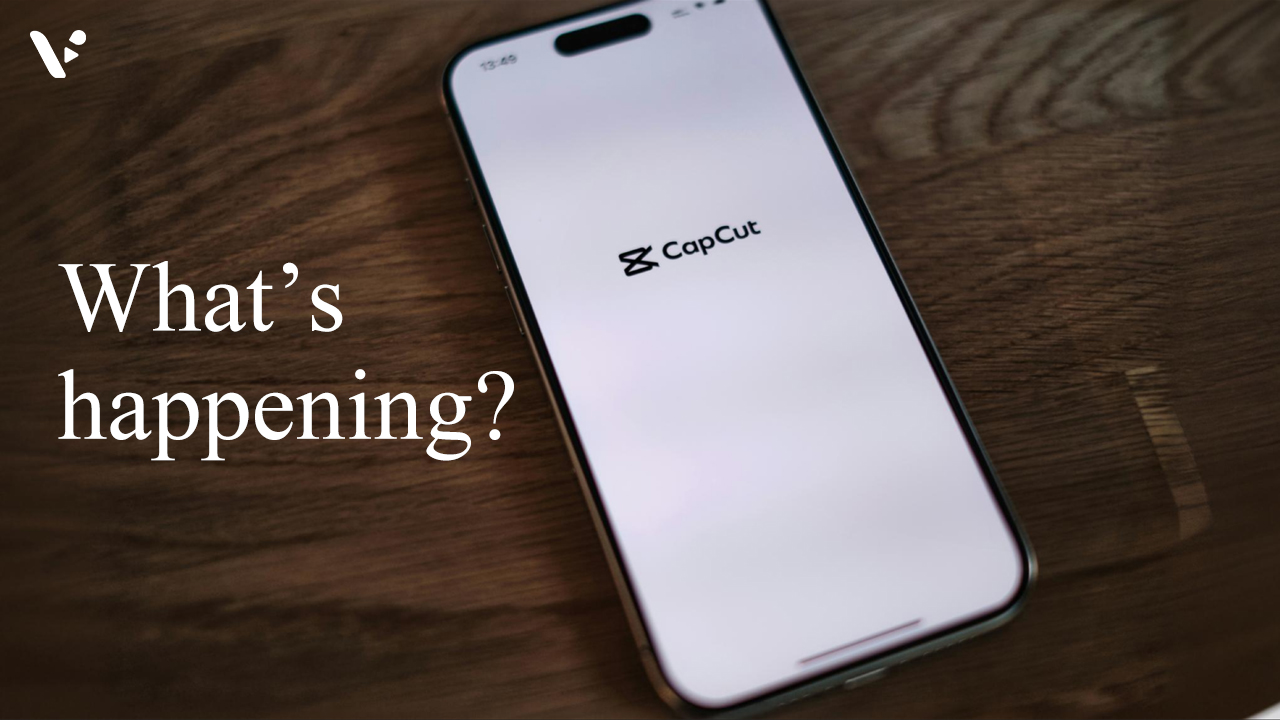If you use CapCut to edit videos, you might have noticed it’s suddenly become harder to access. Don’t panic just yet. This isn’t about a glitch or a regular app update. CapCut, along with TikTok, has been caught in the middle of a big political and legal storm.
Why Is CapCut in the Headlines?
CapCut, the popular video editing app, is owned by ByteDance, the same Chinese company behind TikTok. ByteDance’s connection to the Chinese government, particularly through a controversial “golden share” arrangement, has raised concerns in the United States about data security and potential political influence. These fears led to action. Earlier this year, the U.S. government issued a requirement for ByteDance to divest its U.S. operations, including TikTok and CapCut. When ByteDance didn’t comply by the January 19 deadline, both apps faced temporary restrictions.

Currently, both CapCut and TikTok are back online in the U.S., thanks to a 75-day extension granted on January 20, 2025. However, these apps aren’t currently showing up in Apple or Google’s app stores. This extension buys time for negotiations and potential solutions, but the future remains uncertain. If no agreement is reached within this timeframe, these apps could face a permanent ban, leaving their millions of users in limbo.
CapCut, specifically, found itself in the same boat as TikTok due to shared concerns over user data. Even though CapCut isn’t a social media platform, it’s heavily integrated with TikTok—which means if TikTok gets banned or limited, CapCut inevitably feels the fallout.
What’s This “Golden Share” Everyone’s Talking About?
The term “golden share” refers to the Chinese government’s special 1% stake in ByteDance’s main Chinese subsidiary. Despite being a tiny slice of ownership, this share grants significant influence, including a seat on the board and veto power over certain decisions. This setup has triggered alarm bells in the U.S., where lawmakers worry that the Chinese Communist Party (CCP) could access user data or sway global narratives through ByteDance-owned platforms.
ByteDance has repeatedly denied these allegations. The company claims its operations outside China, including those managing TikTok and CapCut, operate independently. Still, given China’s national security laws, which can compel companies to cooperate with government intelligence requests, skepticism remains high.
What Makes CapCut Unique?
CapCut’s appeal is hard to ignore. It’s one of the more user-friendly and feature-rich video mobile editing apps out there, and it’s free. Here are some of the standout features:
- Intuitive Interface: It’s easy to use, even if you’re new to video editing.
- Advanced Tools: Features like keyframe animations, 3D effects, and background removal make it powerful for a mobile app.
- Extensive Templates: With pre-designed templates for TikTok trends, CapCut lets users create polished content quickly.
- Seamless TikTok Integration: Since it’s owned by ByteDance, CapCut’s design and tools are optimized for TikTok content creation.
That said, it’s not the only app offering these features. Competitors like Adobe Premiere Rush, VN Video Editor, and InShot have similar capabilities, though they might not match CapCut’s user-friendly vibe or its direct integration with TikTok. CapCut’s success is undeniably tied to TikTok’s popularity. Without TikTok, CapCut would lose much of its built-in user base.
What Happens in 75 Days?
On January 20, 2025, the U.S. government issued a 75-day extension to ByteDance, delaying the enforcement of a total ban. This extension is meant to give ByteDance time to find a solution that satisfies U.S. concerns. But what could that solution look like?
- A Joint Venture: ByteDance could partner with U.S. investors to create a jointly owned entity. This might help alleviate fears about Chinese control.
- Divestiture: ByteDance might sell its U.S. operations of TikTok and CapCut entirely. This would be a drastic move but could ensure the apps stay available in the U.S.
- A Complete Ban: If negotiations fail, TikTok and CapCut could be permanently banned from U.S. app stores. This outcome would drastically affect creators and users who rely on these platforms.
The next few weeks will involve complex negotiations between ByteDance, the U.S. government, and potential American investors. How these talks unfold will determine whether CapCut and TikTok can continue operating in the U.S.

